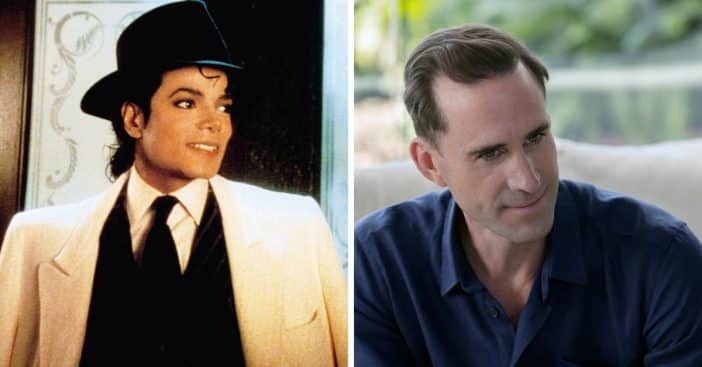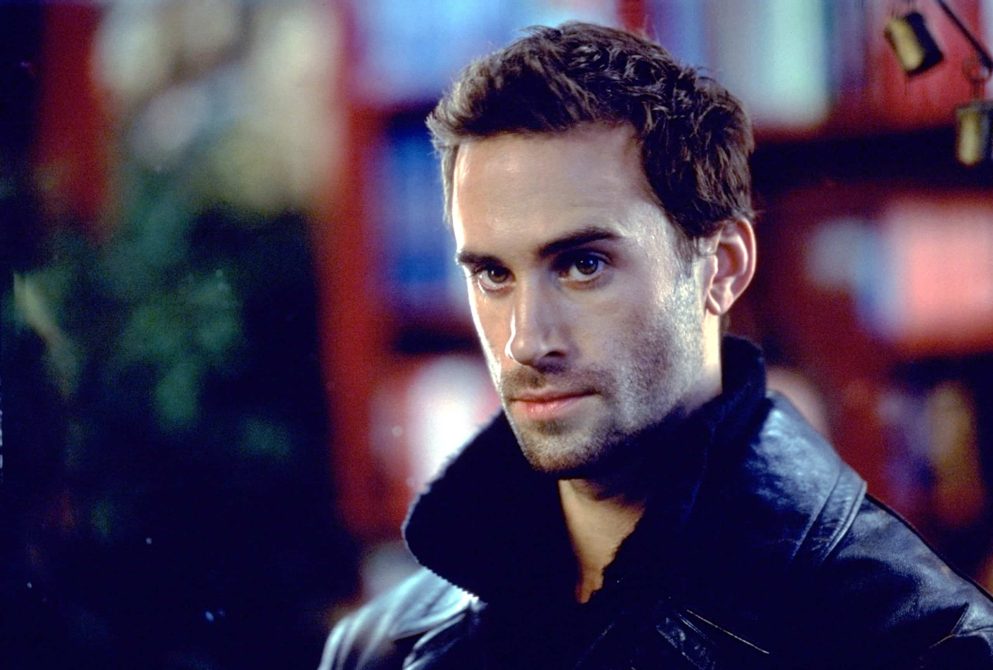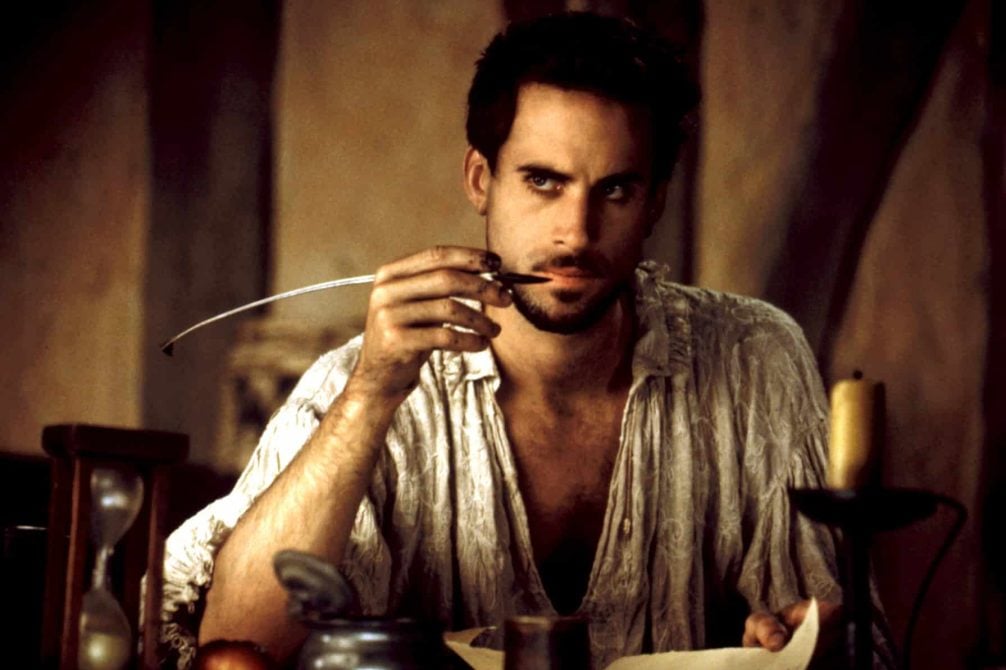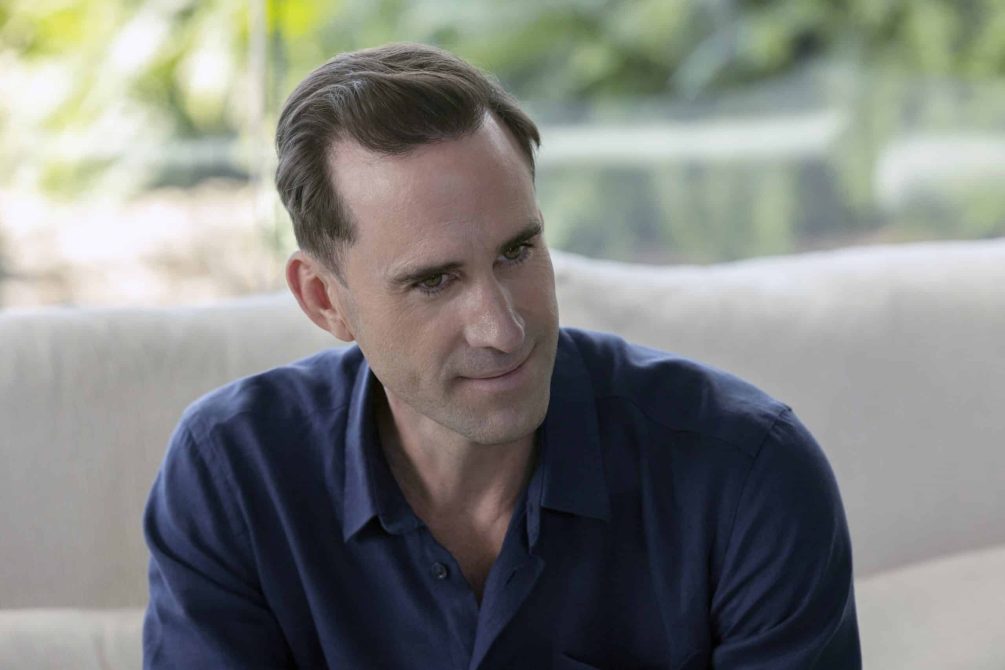
Joseph Fiennes recently expressed a revised perspective regarding his contentious portrayal of Michael Jackson in a 2017 episode of the UK TV show Urban Myths. The particular episode that was originally intended to air on Sky Arts was supposed to feature Michael Jackson, Marlon Brando, and Elizabeth Taylor embarking on a spontaneous road trip, fleeing the city in a car.
However, Fiennes received a lot of backlash upon the release of the trailer in 2017, as it became evident that the actor had undergone physical transformations—plastic surgery and body toning. This creative decision drew widespread condemnation from fans, critics, and even the family of the late King of Pop.
Joseph Fiennes says he regrets playing the role of Michael Jackson

In a recent interview with The Observer, the 53-year-old acknowledged that his choice to portray the King of Pop was a regrettable error. He also stated that the backlash he got from the unfortunate venture was well-deserved.
RELATED: The Urban Legends That Really Make Us Wonder
“It was a wrong decision. Absolutely, and I’m one part of that. There are producers, broadcasters, writers, directors, all involved in these decisions. But obviously, if I’m upfront, I have become the voice for other people,” Fiennes admitted. “I would love them to be around the table as well to talk about it. But you know, it came at a time where there was a movement and a shift and that was good, and it was, you know, a bad call. A bad mistake.”

Fiennes reveals that he supported the pulling down of the series
In light of the concerns raised by Jackson’s daughter Paris, Taj, and his nephew, who labeled Fiennes’ role as disrespectful and insulting to the memory of the Pop star, the network company Sky Arts made the decision to withdraw the episode from airing.
During the interview, Fiennes revealed that he was also in support of the decision of the network company. “And, just to say, I asked the broadcaster to pull it,” Fiennes confessed. “And there were some pretty hefty discussions, but ultimately people made the right choice.”

Nevertheless, in a 2016 interview with AP, Fiennes offered a defense for his role, arguing that it did not contribute to the perpetuation of stereotypes. “This is territory that is sensitive. One must determine if this portrayal is one that is going to be positive entertainment and one that will not bring about division and put anyone’s noses out of joint, so I went with the mind that this was a positive light-hearted comedy,” he explained to the news outlet. “I deal in imagination, so I don’t think imagination should have rules stamped on them. If it promotes stereotyping, then it’s wrong. I made a distinction that the Jackson project doesn’t do that.”
